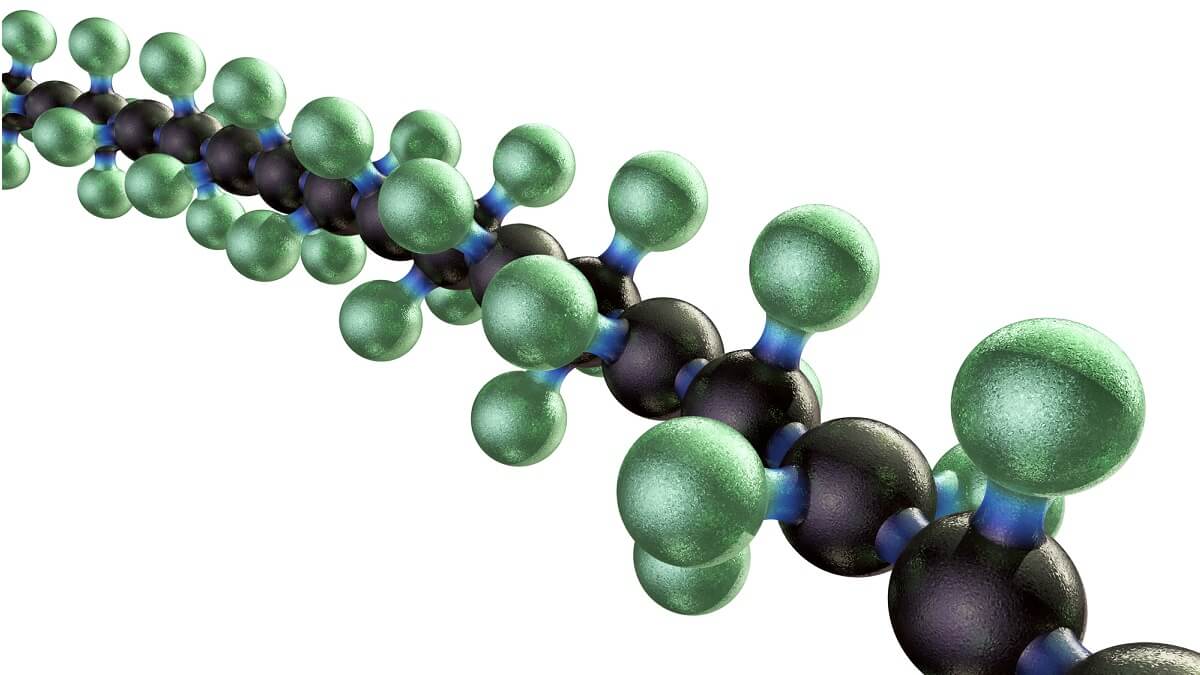Optimizing the Prospective of Polymers: Discover the Complex Benefits and Practical Makes Use Of
In the substantial landscape of material science, polymers stand out as functional compounds that have actually permeated virtually every element of modern life. Their application extends different industries, from production and construction to medical care and innovation. The multifaceted advantages and practical usages of polymers remain to advance, providing cutting-edge services to complex obstacles. By exploring just how polymers can enhance item toughness, drive sustainability initiatives, change health care remedies, and pave the way for future technological developments, we can discover a world of opportunities waiting to be taken advantage of.
Importance of Polymers in Modern Industries
Polymers play a pivotal role in modern markets, acting as flexible products that drive advancement and performance throughout a vast array of fields. These intricate particles, made up of duplicated subunits, have actually changed sectors such as vehicle, aerospace, electronic devices, medical care, and extra. In the auto field, polymers have actually made it possible for the growth of light-weight yet long lasting elements, improving fuel efficiency and total efficiency. Aerospace sectors count on polymers for their high strength-to-weight proportion, critical for airplane and spacecraft building. The electronic devices sector take advantage of the shielding residential or commercial properties of polymers, crucial for making motherboard and digital gadgets (Polymers). Additionally, polymers are thoroughly utilized in the health care sector for medicine distribution systems, medical devices, and biocompatible materials. Their versatility, longevity, and cost-effectiveness make polymers indispensable in modern-day manufacturing procedures, promoting developments and driving progress in numerous markets worldwide. Embracing the capacity of polymers is essential to opening additional innovations and resolving the progressing needs these days's industrial landscape.
Enhancing Item Resilience With Polymers
With an emphasis on long life and durability, integrating innovative polymer modern technologies right into product design has actually become a cornerstone of enhancing durability in contemporary production procedures. Polymers provide a vast array of buildings that add to the general longevity of products. One crucial benefit is their resistance to corrosion, chemicals, and weathering, making them suitable for usage in various markets where direct exposure to severe problems is common.
In addition, polymers can be customized to meet certain sturdiness requirements, permitting producers to tailor products according to their intended use and anticipated life expectancy. By including polymers right into product elements, suppliers can improve strength and impact resistance, minimizing the likelihood of damage or use over time.
In addition, polymers are light-weight yet tough, providing sturdiness without including unnecessary weight to items. This particular is specifically advantageous in markets such as aerospace and auto, where light-weight materials are necessary for boosting fuel efficiency and overall performance.
Sustainability Improvements Through Polymer Innovation
In the world of modern production and product layout, the ingenious application anchor of polymers is driving significant advancements in sustainability techniques. Polymer technology plays a critical role in improving sustainability by supplying services that minimize ecological influence throughout numerous sectors.
Moreover, improvements in polymer modern technology have actually resulted in the development of bio-based and eco-friendly polymers, stemmed from natural sources such as plants, that use an even more sustainable alternative to conventional petroleum-based plastics. These environmentally friendly polymers not only help in reducing dependence on fossil fuels but likewise reduce greenhouse gas discharges throughout manufacturing. By incorporating these cutting-edge polymers into manufacturing processes, business can lower their ecological footprint and move towards even more lasting practices, lining up with worldwide initiatives to battle climate modification and advertise a round economic climate.
Polymers in Medical Care: Revolutionizing Medical Solutions

Among the key areas where polymers are making substantial strides remains in the growth of targeted medicine delivery systems. By enveloping medicines within polymeric nanoparticles or micelles, researchers can enhance medicine security, improve bioavailability, and make it possible for regulated release, causing much more effective therapy programs with decreased adverse effects.
In addition, polymers are critical in the field of regenerative medication, where they are used to produce scaffolds that mimic the extracellular matrix, giving support for cell development and tissue regrowth. This innovation holds enormous promise for fixing damaged body over at this website organs, promoting injury healing, and progressing individualized medicine techniques.
Basically, the assimilation of polymers in healthcare is driving technology, improving therapy efficacy, and eventually enhancing individual results in methods formerly thought unattainable.
Future Applications and Technologies in Polymer Technology
Advancing at the leading edge of scientific exploration, polymer technology continues to pave the way for groundbreaking applications and innovations forming varied sectors. In addition, polymer nanocomposites are enhancing the mechanical and thermal residential or commercial properties of products, leading to more powerful and lighter parts in aerospace and vehicle markets. Looking ahead, scientists are exploring the possibility of shape-memory polymers for applications in robotics and biomedical tools, where materials that can "bear in mind" and return to their original forms use exciting opportunities for development.
Conclusion
